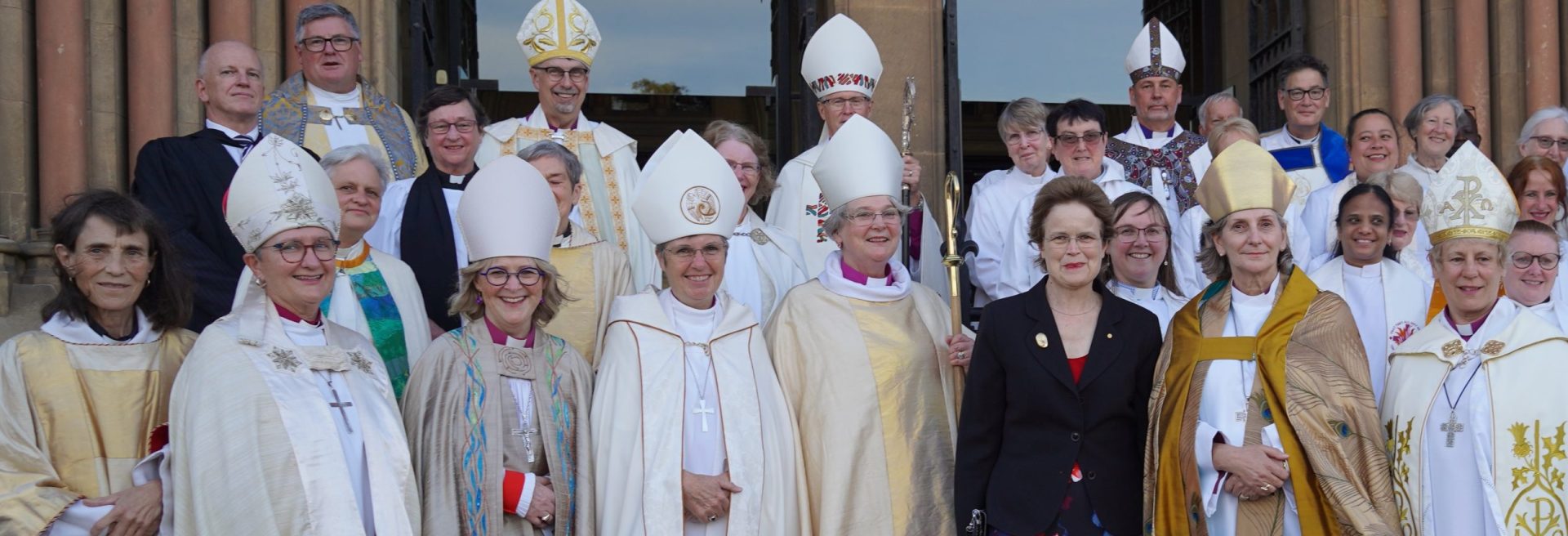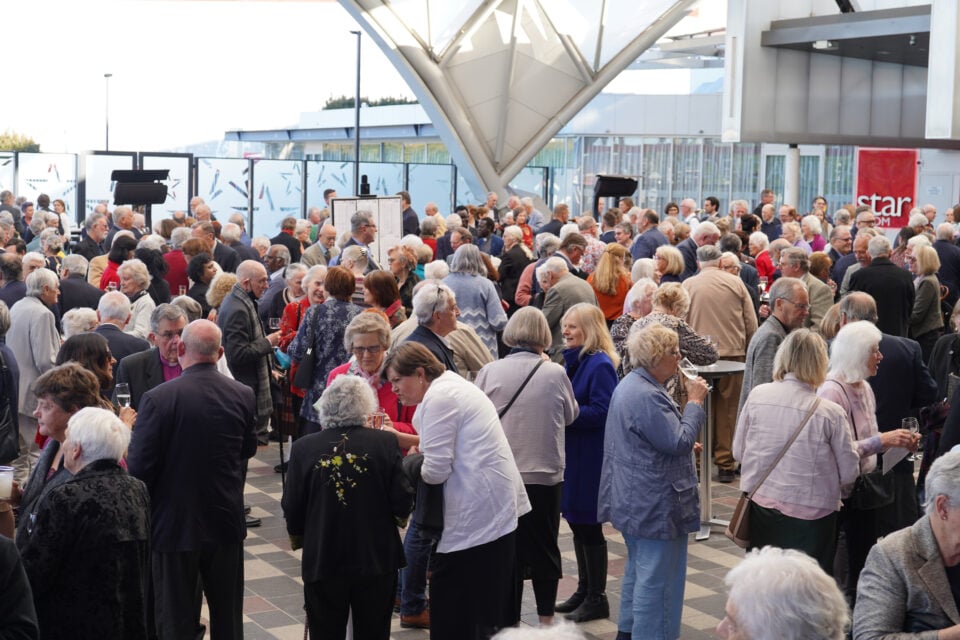By The Reverend Paula Bullock
What a Federal Election we have just had!
It took nine days before it was finally confirmed that the Labor Party under Anthony Albanese would govern in majority, despite a record non-major party vote. More astonishingly, it became evident the day after polls closed, that the overwhelming majority of seats that changed hands, went to women. The most conspicuous winners were the so-called “Teal candidates”: Well-credentialed, professional women.
It would be fair to say that in recent years, many women have been angry, hurt, and disappointed by major party politics, which is why we saw Teal candidates campaigning on issues of equality, inclusion, and respect; anti-corruption and climate change.
Teal candidate Monique Ryan, who won the seat formerly held by Liberal Government Treasurer Josh Frydenberg, said in her victory speech: “Our government was not listening to us, so, we have changed the government… and that is the power of the people.”
In this election “the power of the people” was led by women who had been listening.
Meanwhile, in the week before the Federal Election, another “Federal” event was underway – the Anglican General Synod 18, which I attended for the first time as a Clergy representative from the Diocese of Adelaide. In this 30th anniversary year of the ordination of women to the priesthood, I was very conscious that I could be there as a priest because of the “power of the people”- faithful Anglicans – lay and ordained – who had listened to God and to the voices of others, both inside and outside the church.
In this election “the power of the people” was led by women who had been listening.
At General Synod, the voices of women, their teaching and leading, were on display as the gifts from God that they are.
Female clergy moved, seconded, or spoke to motions on human sexuality, climate change, palliative care funding, disability, aged care, and church unity. The Reverend Dr Ruth Mathieson, the new principal-elect of St Francis Theological College, led the members of Synod in a bible study on our first day. The Reverend Tracy Lauersen, Convenor of the Anglican Church of Australia’s Family Violence Working Group, presented prevalence studies on family violence and several resolutions for Synod to consider in order to implementstrategies for response and prevention.
In Tracy’s presentation Synod members heard that the Bible was sometimes used incorrectly to justify or excuse violence. In the light of this, it was jarring to hear the word “complementarian” used in arguments, with its attendant theology of gender inequality, where the function of ‘woman’ is to be the helper of ‘man’ through the institution of marriage.
It was also jarring that an amendment to a motion recognising the 30th anniversary of the ordination of women, put to Synod by The Reverend Doctor Elizabeth Smith, was not passed.
In her proposed amendment she asked members of Synod to affirm that women who are priests or bishops, teach and lead with full spiritual authority in congregations and dioceses of this Church. During her speech she acknowledged Archbishop Kay Goldsworthy, who was in the first group of women to be ordained 30 years ago. Both women have made significant contributions to the Anglican Church and had their contributions formally recognised outside the church. Elizabeth was appointed as Member of the Order of Australia for her “contributions to liturgical scholarship and to the Anglican Church of Australia” and Kay was appointed as an Officer of the Order of Australia for “distinguished service to religion through the Anglican Church of Australia, as a pioneer and role model for women, to church administration, and to pastoral care and equality.“
How astonishing that the teaching and leading of female clergy can be recognised with the highest honours by those outside the church, but not by all in our General Synod.
How astonishing that the teaching and leading with full spiritual authority of female clergy is recognised and valued by those dioceses where seven female bishops, 397 female priests and 171 female deacons are serving, but not by all in our General Synod.
How astonishing that 30 years ago, there was a large group of faithful Anglicans who recognised that women could teach and lead with full spiritual authority, but this is not recognised in 2022 by all in our General Synod.
How astonishing, also, that some members of our General Synod would be so out of step with the Australian people, who have signalled by the election results, that women matter and are able to lead their communities.
Maybe it’s not just our government who have not been listening to us.






